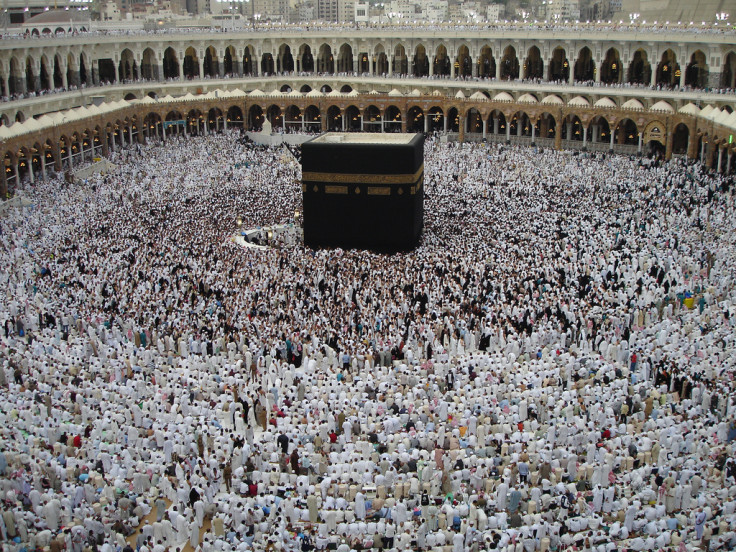Iranian pilgrims to miss Hajj due to tense ties between Tehran and Saudi Arabia

Muslims pilgrims from Iran will not attend September's Hajj in Saudi Arabia due to the continuing diplomatic tensions between countries. The announcement was made on Iran's IRNA news agency on Thursday (12 May).
Last year 464 Iranians were among over 2,200 killed in a mass stampede at the Hajj and the two countries were unable to agree on organisational details. The predominantly Shia Muslim Iran and overwhelmingly Sunni Saudi Arabia, severed diplomatic ties in January 2016 following the execution of a Shia cleric in Saudi Arabia that led to an attack on Saudi diplomatic missions in Tehran.
Both sides blame each other for the dispute. Iran's Islamic Guidance and Culture Minister, Ali Jannati, said the Saudis had failed to make proper arrangements in time. "The arrangements have not been put together and it's now too late," said Jannati. "The sabotage is coming from the Saudi side."
However Saudi Arabia's Minister of Haj and Umra, Mohammed Bintin told state TV station Ekhbariya the Iranians had been uncooperative over arrangements for attending Hajj.
"Iran is the only country that refused to sign the agreement on the Hajj. It insisted on a number of unacceptable demands," said Bintin. These demands are said to include the granting of visas and special travel arrangements.
All Muslims either Sunni or Shia who are able to do so are supposed to make the pilgrimage to the Hajj at Mecca at least once in a lifetime, but the huge crowds involved sometimes lead to disaster.
In 1990 1,426 pilgrims died in a stampede. 270 died in 1994, 118 in 1998 and 346 in 2006. In 2015, as well as the stampede, 118 people died when a huge crane smashed into the Grand Mosque, Saudi Arabia.
© Copyright IBTimes 2025. All rights reserved.






















